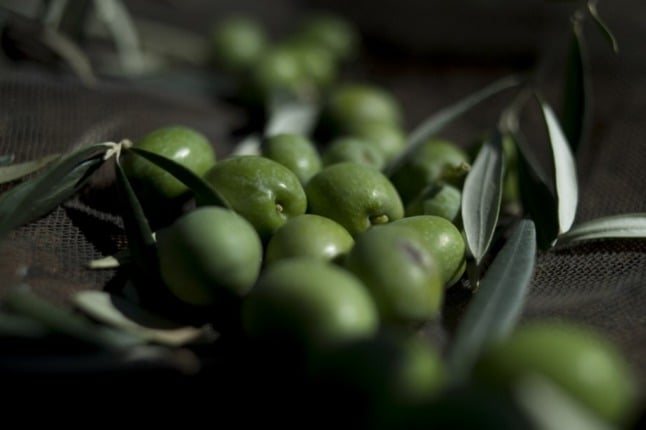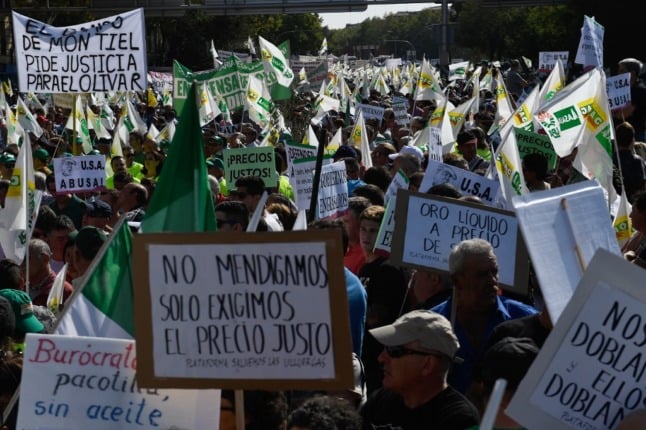Speaking late Thursday on France 2 television, Arnaud Montebourg said: "I have to tell you that when he (Lakshmi Mittal) uses blackmail, lies … that is what is happening in Belgium since he has announced that in the end he will not honour his commitments."
Blaming weak demand for cars, ArcelorMittal said it would close six cold-processing facilities in the Liege region of eastern Belgium, eliminating 1,300 jobs. Angry employees burned tyres at the news while trade unions called immediately for a strike.
The company was already embroiled in controversy in France over the closure of two blast furnaces that sent tension between Mittal and members of France's government soaring in late November.
Montebourg, regarded as a protectionist by critics, told a French newspaper then: "We don't want Mittal in France anymore", before later retracting his comments.
But on Thursday the minister said his remarks about the Indian-born steel tycoon were nonetheless widely understood and "were thus possibly necessary."
Montebourg urged the European Commission to look into ArcelorMittal's decision to close the Belgian sites.



 Please whitelist us to continue reading.
Please whitelist us to continue reading.
Member comments